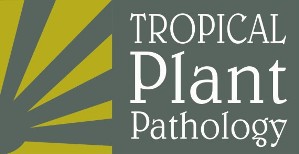The aim of the study was to evaluate the antifungal activity of essential oils from "hortelã do campo" (Hyptis marrubioides), "alfazema-do-Brasil" (Aloysia gratissima) and "erva-baleeira" (Cordia verbenacea) and their efficacy in the treatment of soybean seeds infected with Colletotrichum truncatum. In vitro assays were performed to evaluate the effects of the oils on spore germination, mycelial growth, and the production and viability of C. truncatum conidia. Soybean seeds inoculated with C. truncatum were treated with essential oils at concentrations ranging from 0.5 to 2% and grown under greenhouse conditions. Seed health and germination percentages were evaluated according to standard protocols. Seedling emergence, stand establishment and the percentages of dead seedlings were determined, together with the emergence speed index, plantlet height and dry weight of aerial biomass. The oils from H. marrubioides, C. verbenacea and A. gratissima inhibited the germination and production of conidia as well as the growth of C. truncatum. At concentrations ≥ 1%, the effectiveness of the oils against soybean anthracnose was superior to, or at least comparable with, that of the fungicide carbendazim. The viability of conidia and the germination of soybean seeds were not affected by any of the treatments with essential oils. It is concluded that essential oils from H. marrubioides, A. gratissima and C. verbenacea have potential as alternatives to synthetic fungicides in the control of anthracnose in soybean seeds.
Glycine max; alternative control; anthracnose; seed treatment



